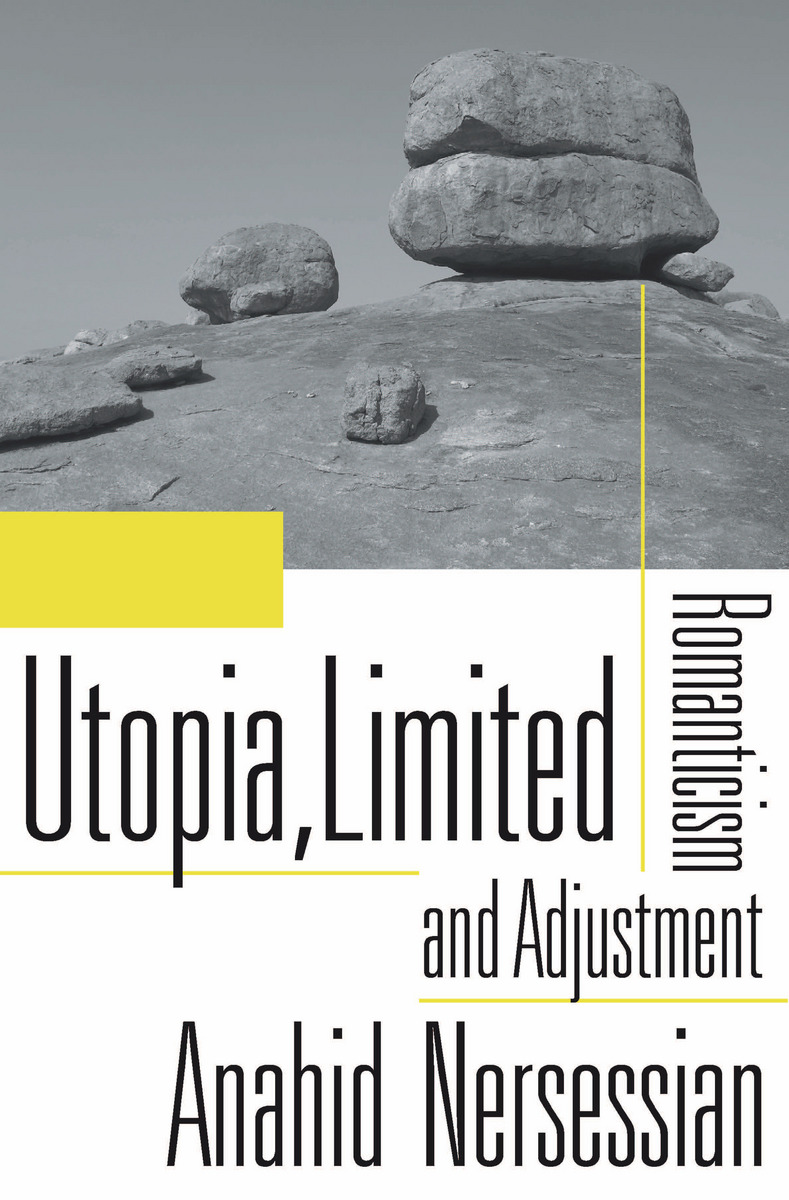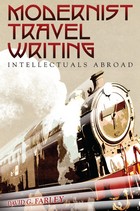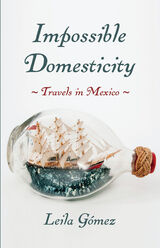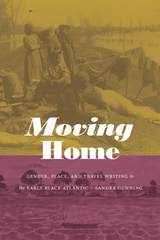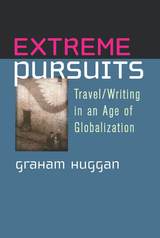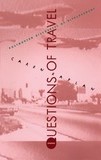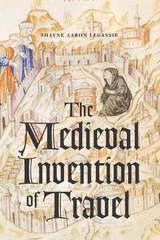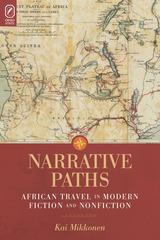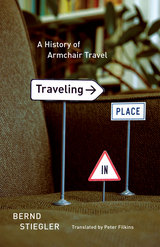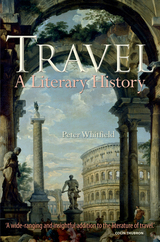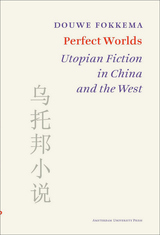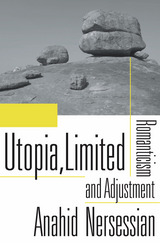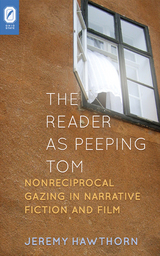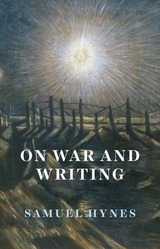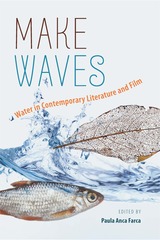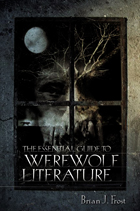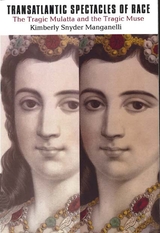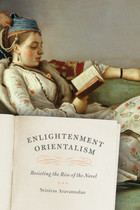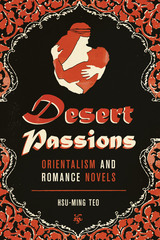The book is a defense of restraint of all kinds: poetic form, by which Nersessian means things like rhyme and meter; natural conservation; renunciation; self-discipline. Nersessian argues that, when viewed from a certain angle, Romanticism dramatizes the ‘desirability of constraint.’ Her book powerfully does the same… An impressive and ambitious work.
-- Anthony Domestico Commonweal
Nersessian’s project, to counter the consumerist fantasy of limitless consumption with the Utopia of a sustainable ecology, is skillfully executed. Her argument’s backbone is in her virtuoso analyses of form. Unraveling the rhetorical strategies at work in a range of Romantic texts, she is both original and genuinely insightful… This is a book that manages to be moral, informative and entertaining all at once… Against an enduring ideological critique, of which Romanticism has been the particular target, Nersessian’s view of a humane and socially engaged body of literature works as a powerful corrective.
-- Uttara Natarajan Times Higher Education
In Utopia, Limited: Romanticism and Adjustment, Anahid Nersessian makes a broadly and deeply reasoned argument about the roots of our ideas of utopia and the need for a revision of our expectations, both real and imagined, in this regard. In the works of William Blake, William Wordsworth, John Keats and other early nineteenth-century Romantic thinkers and writers she finds the origins of a set of ideas, and an aesthetic theory behind those ideas, that can serve our current moment in important, and not only poetic, ways.
-- Ashton Nichols European Romantic Review
Utopia, Limited: Romanticism and Adjustment is a remarkable book with few obvious precedents. It renders the service—or perhaps throws down the gauntlet—of prompting, with incisive new theoretical equipment, a reexamination of received ideas about ‘utopia’ and ‘Romanticism’ (though it is hardly ‘limited’ to these). Above all, Utopia, Limited will spur critics to reread texts within and beyond Romanticism to see if they too register something like the ethics of restraint or ‘adjustment’ alluded to in the title and nimbly theorized throughout.
-- Tristram Wolff Modern Philology
This is a book about art’s attentiveness to finitude in poetry and prose, but also paintings and the occasional film—a timely book capable of engaging readers from many humanistic disciplines, including and especially Romanticism… Nersessian has a talent for the well-turned phrase, and the legs upon which [her] arguments stand are smoothly elegant and often quite memorably adorned. The book is a joy to read.
-- Carmen Faye Mathes Romantic Circles
Utopia, Limited opens itself to finding [limits] resonating in surprising places, such as here in our ‘restricted present.’ Nersessian’s style has a light touch, and moves quickly—sometimes very quickly—between different thinkers, writers, readings, and timeframes. It is deliberately provocative, and readers will have to adjust themselves—or not—to it. This is perhaps Romanticism’s cutting or bleeding edge, willing to carve Rcsm out of itself.
-- Andrew Warren Studies in Romanticism
Utopia, Limited is an exciting, provocative, truly ‘exuberant’ work of literary philosophy. It speaks to romanticists, philosophers, theorists of affect, the secular, the ordinary—all those who have been thinking modernity, the supposedly post-human, the now, the future, the future-of-the-now. Brilliantly activating Romanticism as adjustment, Nersessian salutes not the best but the better—a better imaginable precisely in relation to this world, not a negation of this world but an improvement on it. This is a work of sustained inquiry and transvaluation, such that ‘utopia, limited’ emerges as a positive space of potential flourishing, of actually livable minimal adjustment; such that bad taste comes to look like an express route to generative utopian thinking, living, and feeling; such that secularism becomes a possible resource for art and beauty, not its death-knell. Nersessian aims to re-invent, or at least extend, our vocabularies: she succeeds.
-- Maureen N. McLane, New York University
Lively, learned, and subtle, Utopia, Limited may well help initiate a resurgence in the teaching and study of Romanticism.
-- Mark Edmundson, University Professor, University of Virginia
